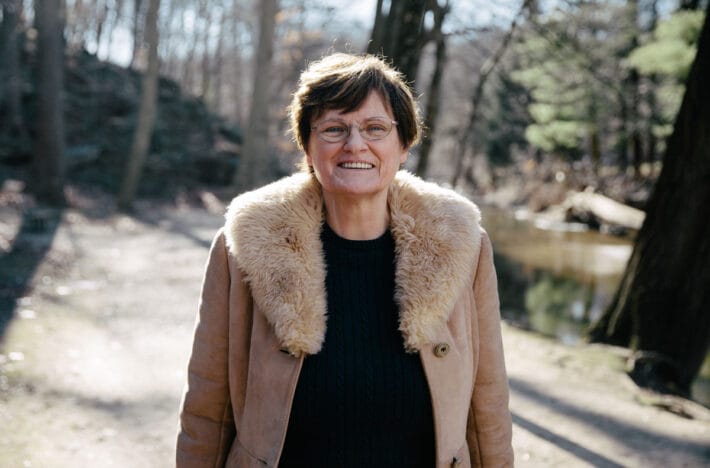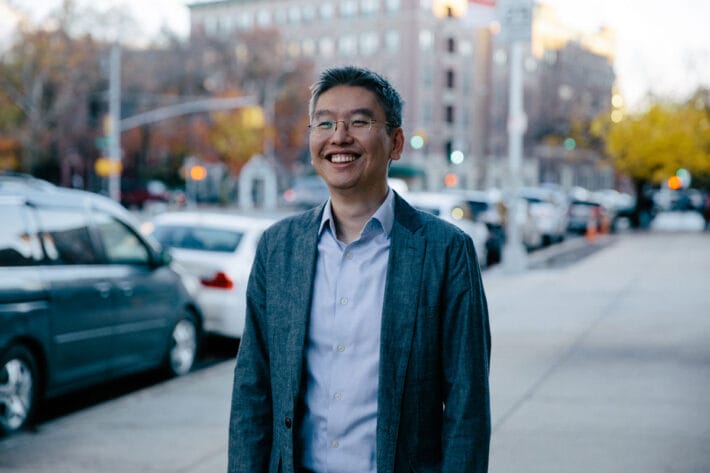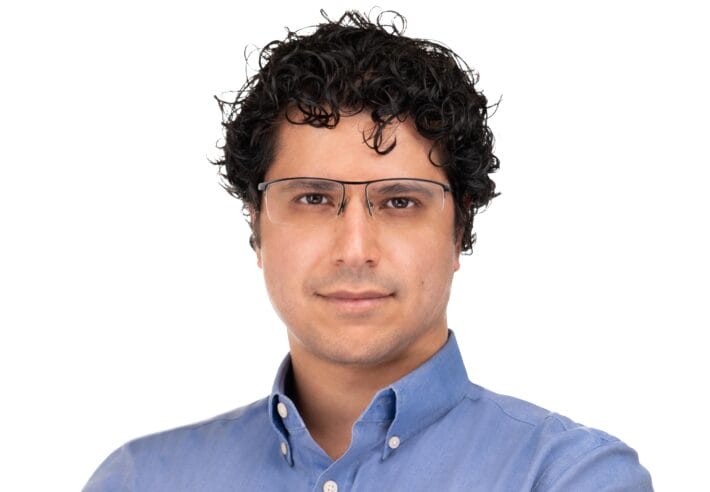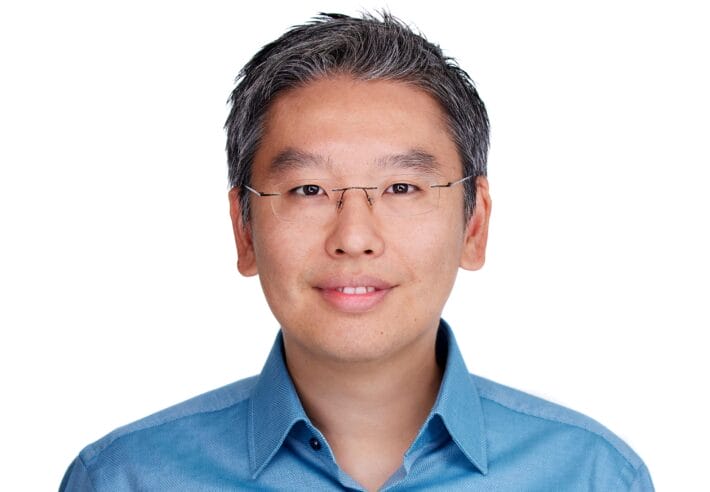
Cancer biologist Hani Goodarzi receives the 2022 Vilcek Prize for Creative Promise in Biomedical Science for his multidisciplinary approach which incorporates data science, computational biology, and experimentation.
Born in Tehran, Iran, Goodarzi has leveraged his expertise in RNA biology, computational biology, and cancer biology to develop models to study the pathways that drive metastasis. Using this approach, Goodarzi has uncovered several of the molecular and cellular functions that drive metastasis; using his findings he has conceived of new platforms for early cancer detection and treatment.
Mathematical underpinnings
Being part of the first generation of “digital natives” was a core part of what compelled him to pursue a career in science, he says. “My interest in science really stemmed from my interest in technology… really trying to understand the function of mathematics and engineering in the development of technological advances.”
At the University of Tehran, Goodarzi studied biotechnology, fascinated by how data science could be applied to biology. “There is this mathematical underpinning to biological evolution. Game theory is a component of how evolution maximizes behavioral outputs in organisms.”

From Tehran to Princeton
Upon completing his undergraduate studies, Goodarzi made the decision to apply for PhD programs in the United States. He knew that pursuing a research-focused program made it likely that he would not be able to return to Iran—or visit his family—for several years. Student visas for students from Iran at the time were single-entry; any travel back to Iran would have prompted a need to renew his visa—a lengthy and uncertain process. In 2006, Goodarzi arrived in the United States to pursue his PhD at Princeton University; it would be more than 6 years before he returned home to visit his family.

A computational approach to cancer
At Princeton and in his postdoctoral work at the Rockefeller University, Goodarzi’s research focused on analyzing the cellular and molecular processes that drive metastasis. He was drawn to cancer biology by his passion for data science. “At the time, cancer biologists had started collecting gene expression data from a lot of cancer patients. If you wanted data, that was the place to find it,” he notes. However, “There is no amount of computation or data collection that would make a correlation a causation. In order to actually prove causality, you need to do experiments.”
“Nowadays,” he says, “my work is pretty much split half and half between the work we do on the computational side, both using and developing new ways of looking at data, and applying those understandings to develop new ways of collecting and testing data through experimentation.”

Science knows no borders
Goodarzi relishes the opportunity that each new project provides him to connect with other experts and to explore different approaches to his research. “What excites me most about my work is the freedom to go where the data leads me. I enjoy interacting and getting ideas from different places and bringing them together,” he says. “You cannot stop the mixing of ideas and ideals.”
Goodarzi is an assistant professor at the University of California, San Francisco, and the founder of Exai Bio, a biotechnology venture. Exai Bio’s key product—an RNA-based liquid biopsy platform for early cancer detection—is based on Goodarzi’s research. In December 2021, Exai Bio announced it had raised $67.5 million in financing to accelerate development of the platform.
Related News
Katalin Karikó: The sacrifices and successes of immigrant scientists

Harris Wang: Using synthetic biology to understand our world

Mohamed Abou Donia: “How our microbial partners affect our health.”

You may also be interested in
Hani Goodarzi

Harris Wang

Pardis Sabeti
